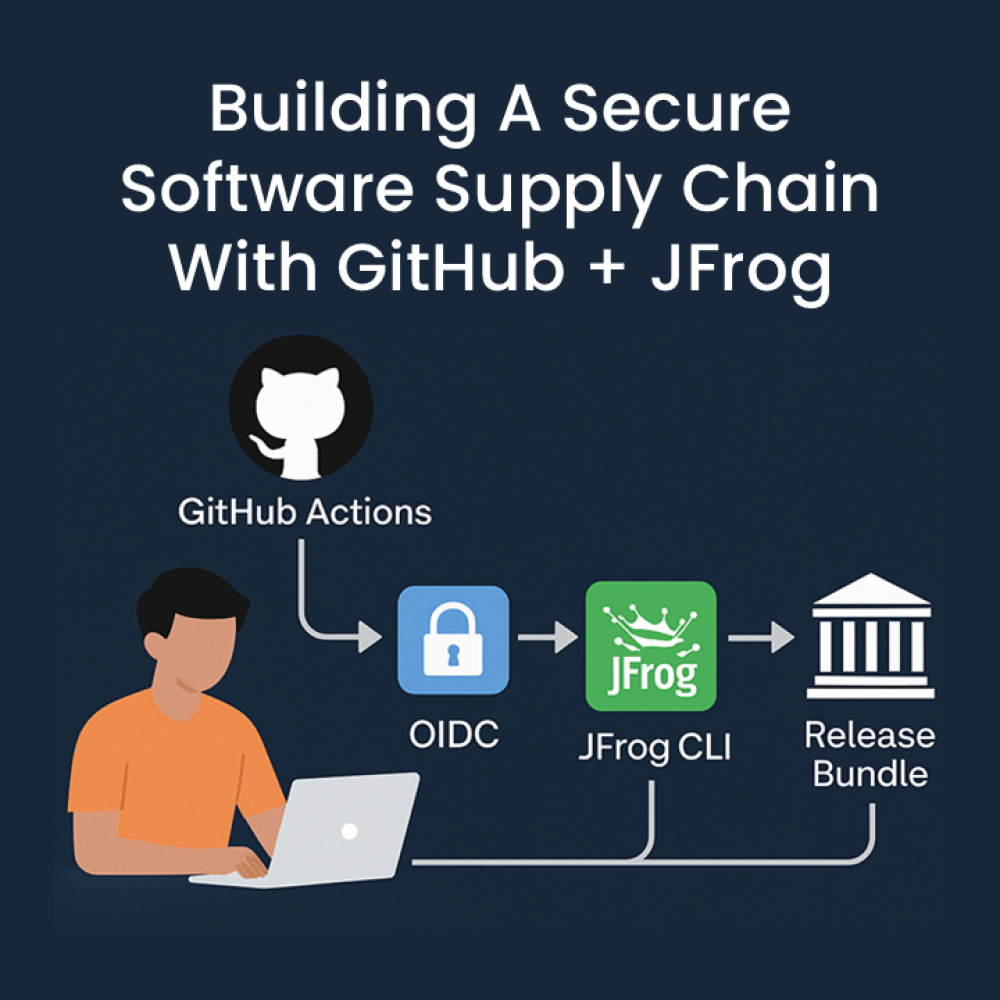In today’s digital era, data reigns supreme, driving innovation, shaping strategies, and fueling growth across industries. However, harnessing the potential of big data presents challenges, from managing vast volumes of information to extracting meaningful insights. Enter cloud computing, a transformative technology that enables organisations to utilise big data in the cloud to achieve scalability, agility, and cost-efficiency. Below we explore how the convergence of big data and cloud computing is revolutionising data analytics and empowering organisations to unlock the full potential of their data assets.
Big data analytics involves the processing and analysis of large, diverse, and complex datasets to extract valuable insights. From customer behaviour patterns to market trends, big data analytics enables organisations to make data-driven decisions and gain a competitive edge. However, traditional on-premises infrastructure often struggles to keep pace with the scale and complexity of modern data requirements, driving the need for more agile and scalable solutions.
Example: Retail Industry
In the retail sector, companies like Amazon have leveraged big data analytics to revolutionise their operations. By analysing vast amounts of customer data, including purchase history, browsing behaviour, and demographic information, Amazon can offer personalised product recommendations in real-time. This not only enhances the shopping experience for customers but also drives increased sales and customer loyalty.
Moreover, retail companies utilise big data analytics to optimise inventory management, pricing strategies, and supply chain logistics. Walmart, for instance, employs advanced analytics to forecast demand accurately, ensuring the right products are available at the right time and location. This proactive approach minimises stockouts, reduces excess inventory, and ultimately improves profitability.
The Cloud Advantage
Cloud computing offers a compelling solution to the challenges of big data analytics. With its elastic scalability, pay-as-you-go pricing model, and vast array of services, the cloud provides organisations with the flexibility and agility needed to handle large-scale data workloads. Whether it\’s storing petabytes of data or running complex analytics algorithms, the cloud delivers on-demand access to compute and storage resources, eliminating the need for costly upfront investments in hardware.
Example 1: Netflix
Netflix, one of the world\’s leading streaming services, relies heavily on cloud computing to manage its vast repository of video content and user data. With millions of subscribers globally and a massive library of movies and TV shows, Netflix requires a highly scalable infrastructure to deliver seamless streaming experiences. By leveraging cloud computing platforms like Microsoft Azure, Amazon Web Services (AWS), and Google Cloud Platform (GCP), Netflix can dynamically scale its compute and storage resources based on demand. This elasticity allows Netflix to handle sudden spikes in viewership during popular events or new releases without experiencing downtime or performance issues. Additionally, cloud-based analytics tools enable Netflix to analyse viewer preferences and behaviours, allowing them to personalise recommendations and optimise content delivery algorithms for a superior user experience.
Example 2: Airbnb
Airbnb, the popular online marketplace for lodging and tourism experiences, relies on cloud computing to manage its extensive database of property listings, user profiles, and booking transactions. With millions of listings worldwide and a growing user base, Airbnb needs a scalable and reliable infrastructure to support its platform\’s operations. Microsoft Azure, Amazon Web Services (AWS) and Google Cloud Platform (GCP) are all examples of cloud computing platforms that Airbnb can utilise to efficiently manage peak traffic periods, such as holidays or special events, by scaling its compute and storage resources on-demand. This flexibility enables Airbnb to maintain high availability and performance levels for its website and mobile app, ensuring a seamless booking experience for users worldwide. Additionally, cloud-based analytics tools enable Airbnb to analyse user data, predict demand trends, and optimise pricing strategies to maximise revenue and occupancy rates for hosts.
Accelerating Time-to-Insight
One key benefit of deploying big data in the cloud is the ability to accelerate time-to-insight. By leveraging cloud-based infrastructure and services, organisations can rapidly provision resources, scale up or down based on demand, and execute complex analytics workflows with ease. This agility enables faster decision-making, empowers data-driven innovation, and drives business growth in today\’s fast-paced digital landscape.
Example: Healthcare Industry
In the healthcare sector, cloud-based big data analytics platforms have significantly reduced the time-to-insight for medical researchers and practitioners. For instance, researchers studying the efficacy of new drugs or treatments can leverage cloud-based analytics tools to process vast volumes of patient data and identify correlations and trends much faster than traditional methods.
Additionally, healthcare providers can utilise real-time analytics dashboards powered by cloud computing to monitor patient vital signs, detect anomalies, and predict potential health risks. This enables healthcare professionals to intervene promptly, providing timely and personalised care to patients, ultimately improving patient outcomes and reducing healthcare costs.
These examples illustrate how the convergence of big data analytics and cloud computing is driving tangible benefits across industries, from enhancing customer experiences and optimising operations to advancing scientific research and improving healthcare outcomes.
Harnessing Advanced Analytics Capabilities
The cloud ecosystem offers a wealth of managed services and tools specifically designed for big data analytics. From fully managed data warehouses to serverless computing platforms, organisations can choose from a plethora of services tailored to their unique requirements. This enables teams to focus on extracting value from their data rather than managing infrastructure, accelerating the development and deployment of advanced analytics solutions.
Ensuring Security and Compliance
Security and compliance are paramount concerns for organisations when it comes to big data analytics. Cloud providers invest heavily in robust security measures, including encryption, access controls, and compliance certifications, to safeguard data and ensure regulatory compliance. By leveraging the security capabilities of the cloud, organisations can mitigate risks, protect sensitive information, and maintain the trust of their customers and stakeholders.
Future Trends and Predictions
Looking ahead, the synergy between cloud computing and big data is poised to undergo further transformative developments. As technology continues to advance, we can anticipate the integration of artificial intelligence (AI) and machine learning (ML) algorithms into cloud-based analytics platforms, enabling more sophisticated data processing and predictive analytics capabilities. Moreover, the emergence of edge computing solutions will decentralise data processing, allowing organisations to analyse data closer to its source, reducing latency and enabling real-time insights in IoT-driven environments. Additionally, with the proliferation of Internet of Things (IoT) devices generating massive volumes of data, there will be a growing emphasis on edge-to-cloud connectivity and hybrid cloud architectures to effectively manage and analyse data across distributed environments. Furthermore, advancements in quantum computing hold the promise of revolutionising big data analytics by exponentially increasing processing speeds and enabling complex computations that are currently infeasible. Overall, the future of big data in the cloud is likely to usher in an era of unprecedented innovation, empowering organisations to unlock new frontiers of insight and value creation.
Conclusion
The convergence of big data and cloud computing represents a paradigm shift in how organisations approach data analytics. By harnessing the scalability, flexibility, and cost-efficiency of the cloud, businesses can unlock the full potential of their data assets and drive innovation at scale. From gaining deeper insights into customer behaviour to optimising business processes, the possibilities are endless when big data meets the cloud. Embracing this transformation is not just a competitive advantage – it\’s a strategic imperative in today\’s data-driven world.
If you want to explore how you can leverage the power of big data in the cloud, get in touch with one of our 40+ expert consultants who can guide you through one of our tailored solutions.

